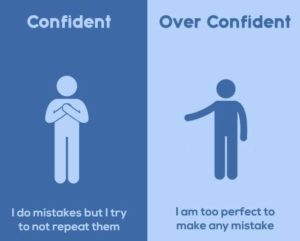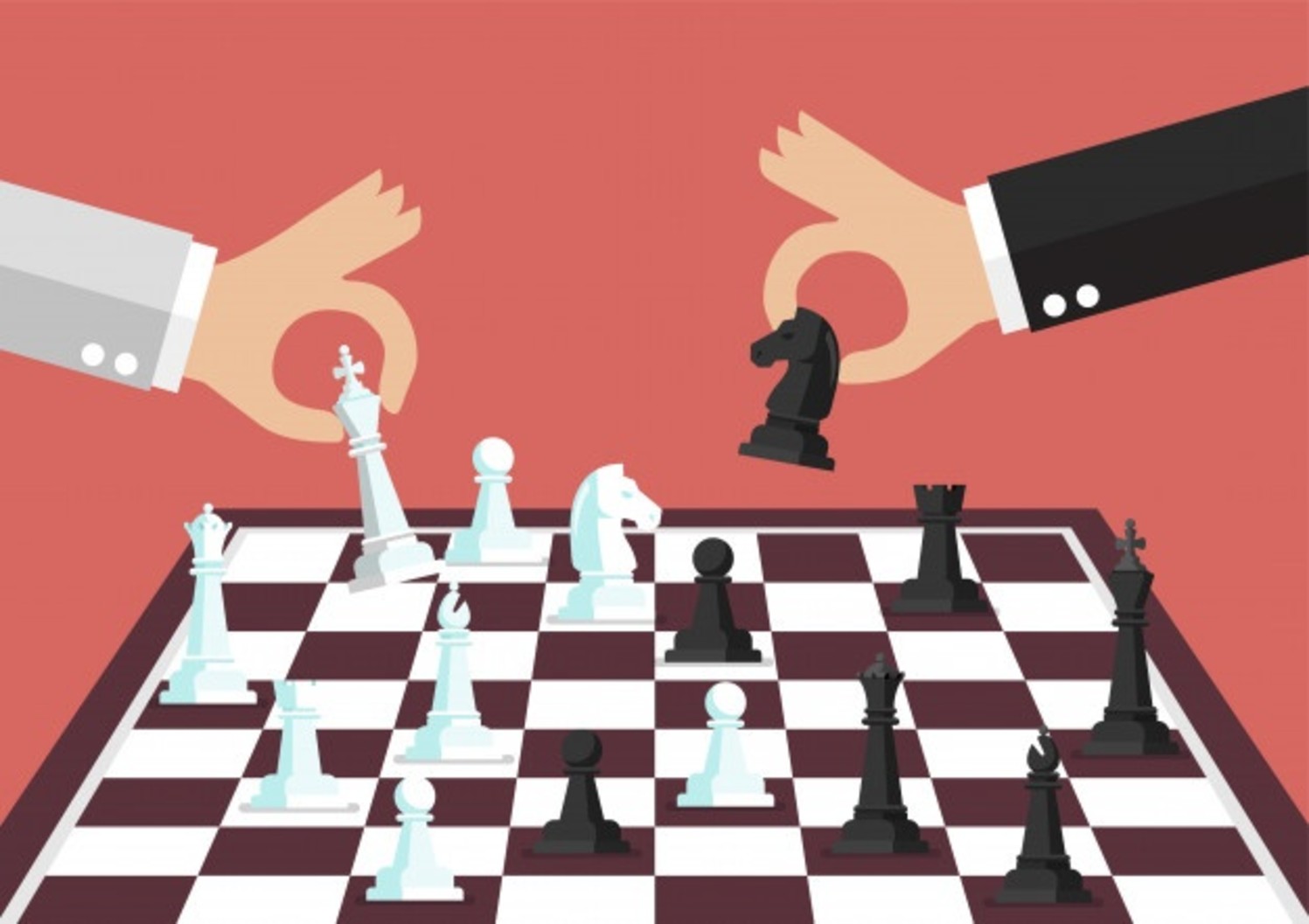Today’s blog we’ll deal with a topic that has always been in the limelight: ‘Rating’. The rating system is some sort of higher mystical power which everyone respects and is subservient too. It is like the holy grail of chess. The thing that everyone chases after. The higher your rating, the more fame and attention you get in the chess community.

But how much respect is too much? While I’m not saying rating systems aren’t accurate or terrific but the only problem here is worrying about their playing strength.
There are games where lower rated players were a whole piece or 1 or 2 pawns up in the endgame but despite of that they simply offered a draw (yes you heard that right) because the was higher rated and therefore they were afraid of losing and wanted to secure a minimal number of points. Yes! Pure stupid

What more better example than chess hustlers and anonymous grandmasters! When the chess hustlers do not know the grandmasters rating, they tend to trash talk and play super aggressively and set up lots of tactics and traps for the grandmaster which they can fall into if they are not cautious. Since grandmasters are known for their positional play and amazing combinatorics, they later dominate in the endgame. But here, the chess hustler doesn’t want to settle for a draw, he wants a taste of victory because he is losing to a random stranger and that too in his profession. This type of optimistic and “I am not settling for a draw” attitude is generally good compared to the following situation discussed. Take a look at the famous clip between a chess hustler and GM Maurice Ashley. The whole clip can be viewed down below.
Do you see the chess hustler being so confident at the start. And slowly GM Maurice Ashley brings out the big guns. The hustler almost screams at Maurice to tap the clock and start the game. But to his suprise, Maurice rapidly plays theoretical book moves without looking at the board. After that, the hustler is down a whole piece and tries to trick Maurice by grabbing two knights with a pawn (2:28). The hustler embarrassed like a red tomato reminds Maurice that if his time is over, he will win the game. Maurice just collects his cool and mates him in 3 moves after that
Now do you notice that the hustler was playing pretty ok considering he was challenging a GM. Of course throughout the game, you can see him being less loud and confident but still you can see him fighting for every opportunity. Now imagine if the hustler knew Maurice’s rating. Would he still play the same way? I don’t think so.
Science has proven that automatically this will be taken into factor in his subconscious mind when he is deciding his moves. He thinks he is making the same rational decisions as he would do if he didn’t know the grandmasters rating. But chess has a physchological aspect as well. He will play more safe and will take less risks by calculating lines deeply. That is their risk taking ability stoops down to a very low percentage and it becomes theoretically impossible to beat a grandmaster as even the most defensive players of chess needs to have an air of aggression. No aggression = DEATH in chess.

Notice how I never said victory. This is because the chess hustler aims for a draw from the start of the game itself (very few aim for victory) and that never works and they normally lose. The golden piece of advice for lower rated players playing higher rated players is “If you want to get a draw against a higher rated player, play for a win! If that doesn’t work you might draw. But if you play for a draw from the start that almost never works.” Kind of like the ‘shoot for the stars quote.

Now let’s shift the perspective from a grandmaster playing a lower rated player. The mistake from the grandmaster’s side is that they tend to be overconfident. I particularly faced this problem in my chess journey. I felt like losing and drawing to a lower rated player would be a dishonour and used to play for the win. Keeping this in mind, I used to go all out. At one point, I felt like I need to sacrifice one piece against my opponent for the beauty of it and in the spirit of Tal, not at all because of the position. This is what you must NOT do.

Being confident is good but being overconfident is always bad. You miss out several tactics that could be played or a forced line that would give you the upper hand. In the end, you let your guard down and even a draw might mean you lose several hard-earned rating points. What separates people with rating points of difference 200 + is their command, positional play and foresight.

So the best strategy to avoid letting your guard down is to trick your brain by saying that the opponent is of equal strength. This will allow you to play aggressive but not overly aggressive and then you would dominate later on because of your endgame skills. If you cannot do that, think this is your immortal game and this game would be replayed for centuries. Due to social pressure of people in history seeing the game, your brain will automatically play the position and choose lines with best accuracy. The downside however is that you become overly cautious and anxious and this takes a toll on your performance. I have never tried the second method in tournament games but I have done it in online chess.

Before concluding, I would like to talk about a rare scenario where people have more difficulty playing players of same strength than players of higher and lower strength.
The idea is that when they play higher rated players they feel like they have nothing to lose, so they can play with confidence. When they play lower rated players they feel superior and therefore they can play with confidence. Their problem is that when they play players about the same strength.
Their mind has to accept that their opponent is equally as good as them and they want to place their opponent in their mind as either stronger or weaker. Here it is harder to respect their opponents plans and ideas and they feel pressure that they must not lose to prove they are worth their rating points. Drawing might not feel good due to the same reason.
In this case, there is some value to personal examination. You should analyse in which situation do you feel more confident, lower rated or higher rated? Upon that, you trick your brain into the desired situation. Then you put that into your subconscious mind.
For me, I imagine a virtual scenario where everyone is mocking me and saying that it’s impossible for me to beat my opponent. This fuels my motivation to beat him even more and I play a good mix of aggressive and defense and never let my guard down even if it’s Magnus Carlsen (not saying that I would win) because I am a person that wants to challenge my boundaries and comfort zone. If you are more of a calm and collected person, you should think he is lower rated and play pure positional and tactical play. It all depends on what is best for you.
A General rule of thumb, no matter the rating of your opponent is: Always play with confidence, aggression, and respect for your opponent’s moves and ideas. If you do that, and don’t go by their rating, your results should improve and you might even have more fun…Good luck!
Happy Learning,
Yash Mehta




0 Comments